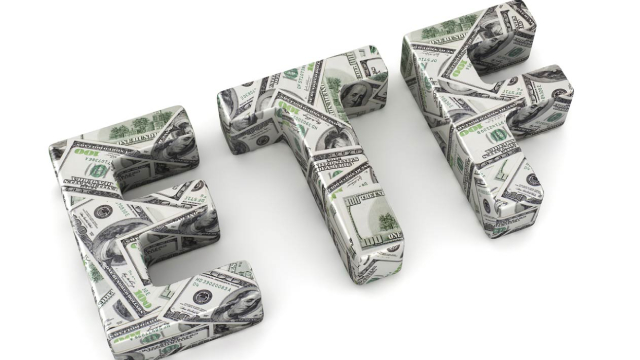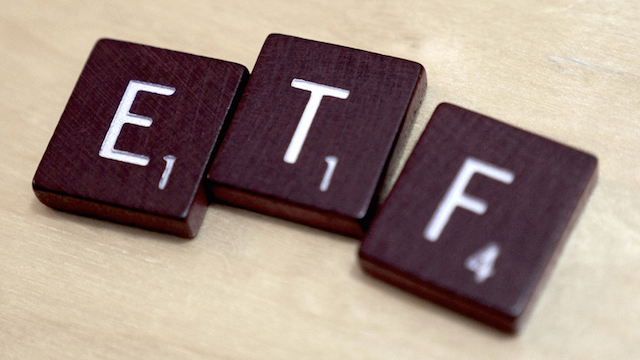The Impact of Rising Rates on Broker-Dealers and Securities Exchanges
Introduction
The iShares U.S. Broker-Dealers & Securities Exchanges ETF is exposed to businesses indexed to primary and secondary market activity in debt and equity. Rising rates could negatively impact fixed-income brokerage and fixed-income primary markets. It’s not great for asset management, either. Even equity capital markets underwriting could suffer, as IPO markets are still pretty weak and would not appreciate re-inflation and rate hikes if that were to come.
Effects on Individuals
For individual investors, rising interest rates can lead to higher borrowing costs, which may limit their ability to take on new investments. Additionally, higher rates can make fixed-income investments less attractive, leading to potential losses for those holding bonds or other debt securities.
Effects on the World
On a larger scale, rising rates can have a significant impact on global markets. It can lead to increased volatility in the stock market as investors reassess their risk tolerance in the face of higher interest rates. Foreign exchange rates may also be affected, as higher rates in the U.S. can attract foreign investment, leading to changes in currency values.
Conclusion
In conclusion, the impact of rising rates on broker-dealers and securities exchanges can be significant, affecting both individuals and the global economy. It is important for investors to be aware of the potential risks and adjust their portfolios accordingly in order to mitigate any negative effects.





